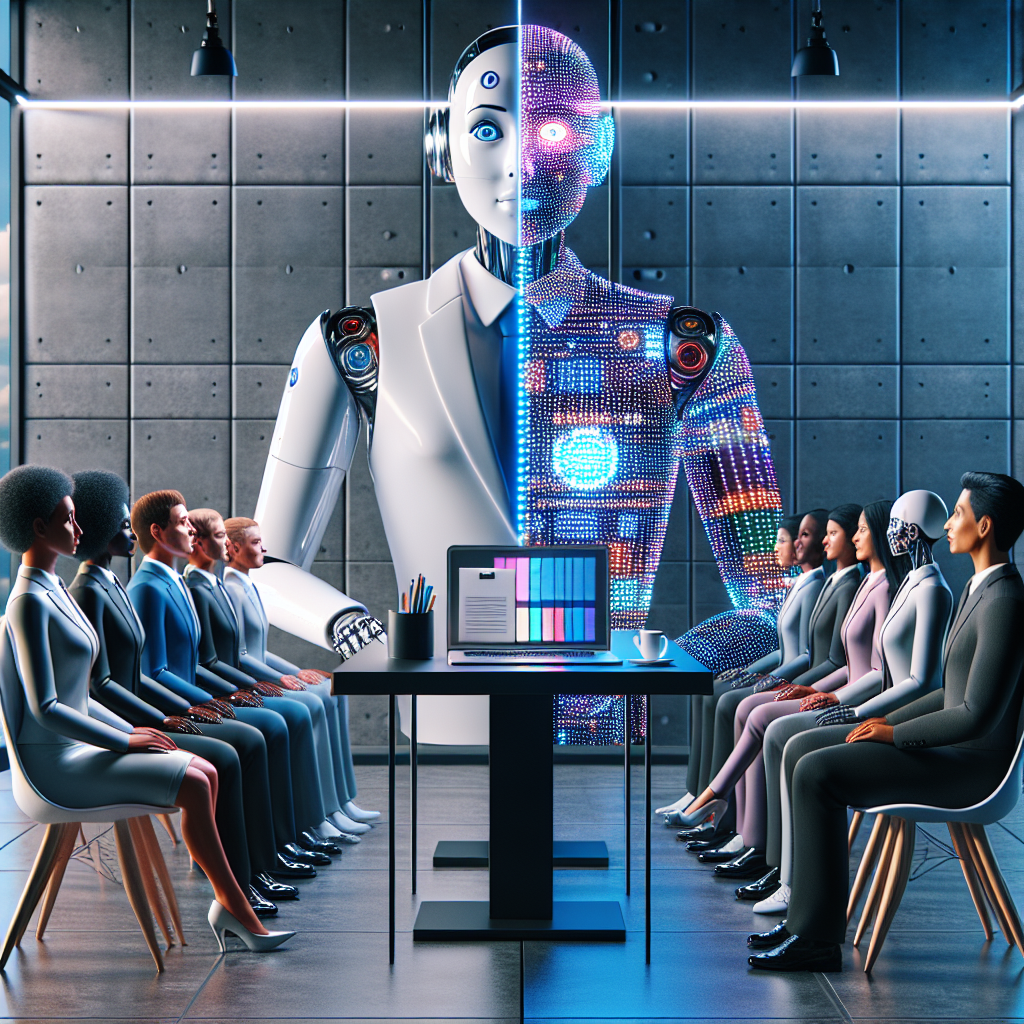The Rise of AI Interviewers Sparks Backlash Among Job Seekers
As companies increasingly lean into automation and AI technologies to streamline hiring processes, a noticeable wave of pushback is emerging from an unlikely source—job seekers themselves. According to a recent Fortune report, candidates are publicly rejecting AI-driven interviews, labeling them as impersonal, dehumanizing, and indicative of poor workplace culture.
Why Employers Are Turning to AI Interviewers
AI interviewers are designed to cut costs, save time, and eliminate human bias by standardizing the screening process. These smart systems can analyze candidates’ facial expressions, speech patterns, and even body language to assess suitability for a role.
Companies tout several key advantages of AI interviews:
- Efficiency: AI can screen thousands of applicants simultaneously, reducing time-to-hire.
- Consistency: Every candidate gets the same experience, potentially minimizing unconscious bias.
- Scalability: Especially beneficial for large enterprises handling bulk recruitment campaigns.
However, job candidates are not convinced that these benefits outweigh the negatives.
Why Candidates Are Opting Out
For an increasing number of job-seekers, the idea of being interrogated by software doesn’t sit well. They argue that AI interviews strip away the human element that is crucial to understanding fit—not just from a skills perspective, but culturally and emotionally as well.
Fortune’s reporting reveals several critical concerns:
- Lack of Human Interaction: Candidates say they feel like they’re “talking to a wall,” unable to gauge tone, ask clarifying questions, or build rapport.
- Dehumanization: The format makes them feel like mere data points rather than individuals with unique experiences and perspectives.
- Poor First Impression: Many see the reliance on AI as a red flag for companies lacking empathy or a supportive culture.
As one software engineer put it, “If you’re willing to outsource something as critical as hiring to a bot, I doubt you value your people.”
The Implications for Hiring and Unemployment
Ironically, companies adopting AI to make hiring faster may actually be losing top talent in the process. Job seekers who refuse to interact with AI-driven systems are essentially opting out of opportunities—not because they lack skills, but because of how the process makes them feel.
This growing resistance could widen the talent gap further, especially in competitive industries like tech, where top candidates are in high demand and can afford to be selective.
Impact on Unemployment Patterns
This scenario adds a new dimension to discussions around unemployment. While on paper, AI may appear to reduce friction between employers and job seekers, the reality is more complex. If significant numbers of candidates avoid AI interviews, then unemployment stats could begin to reflect a kind of “technological mismatch” in the labor market—where qualified candidates are overlooked due to incompatible preferred processes.
HR Teams at a Crossroads
The pressure is rising for HR professionals to balance automation with the human touch. While algorithms can help speed up early screening, many experts suggest that a hybrid model may be the optimal path forward.
Best Practices for Using AI in Hiring
To bridge the gap, HR teams should consider:
- Being Transparent: Inform candidates upfront about how AI will be used in the interview process.
- Providing Alternatives: Offer the option for a live human interview at later stages.
- Monitoring Feedback: Regularly collect candidate impressions to improve and humanize the process.
Companies that fail to do so may find themselves losing valuable applicants simply due to hiring practices that prioritize convenience over connection.
What This Means for the Future of Work
AI’s place in the workforce is inevitable—but so is the human need for empathy, validation, and meaningful interaction. The backlash we’re seeing shows that people are willing to forgo job opportunities if it means preserving their personal dignity and mental well-being.
Businesses, particularly those looking to attract and retain top talent, would be wise to heed this feedback. As exciting as AI-powered hiring tools may be, they are tools—not replacements—for the human relationships that define great workplace culture.
A Candidate-Centric Future
If there’s one key takeaway from this growing movement, it’s this: Job seekers are demanding to be seen, not scanned. Companies that listen and adapt will build not just better teams, but stronger, more loyal communities within their workforce. The question now is not whether AI can hire people—but whether it should do so alone.



Leave a Reply